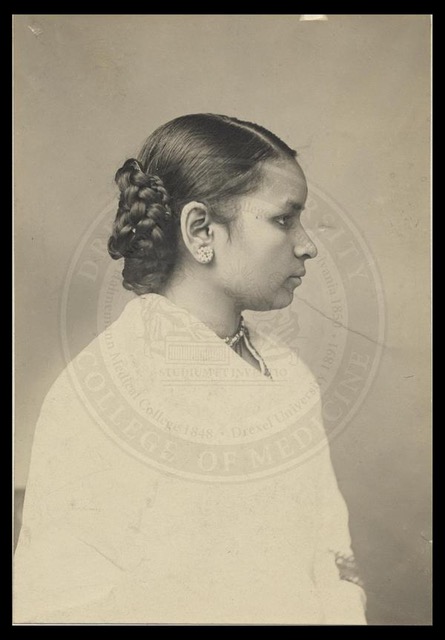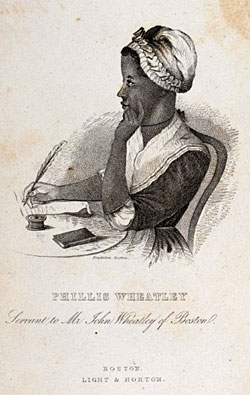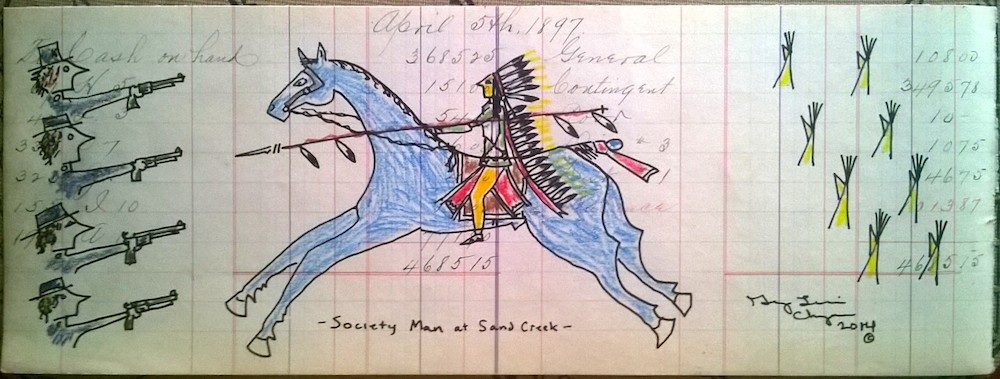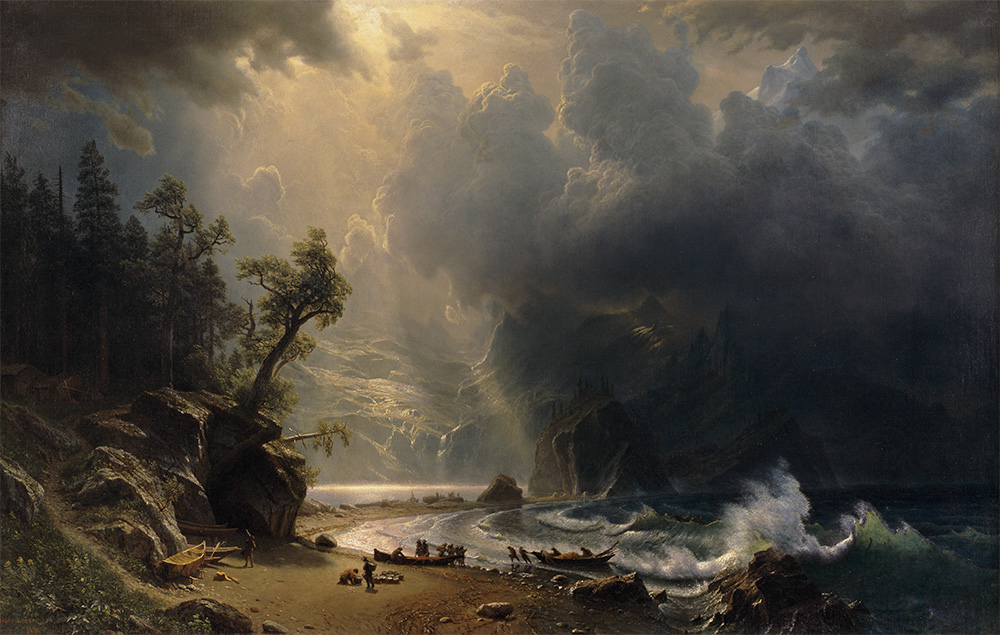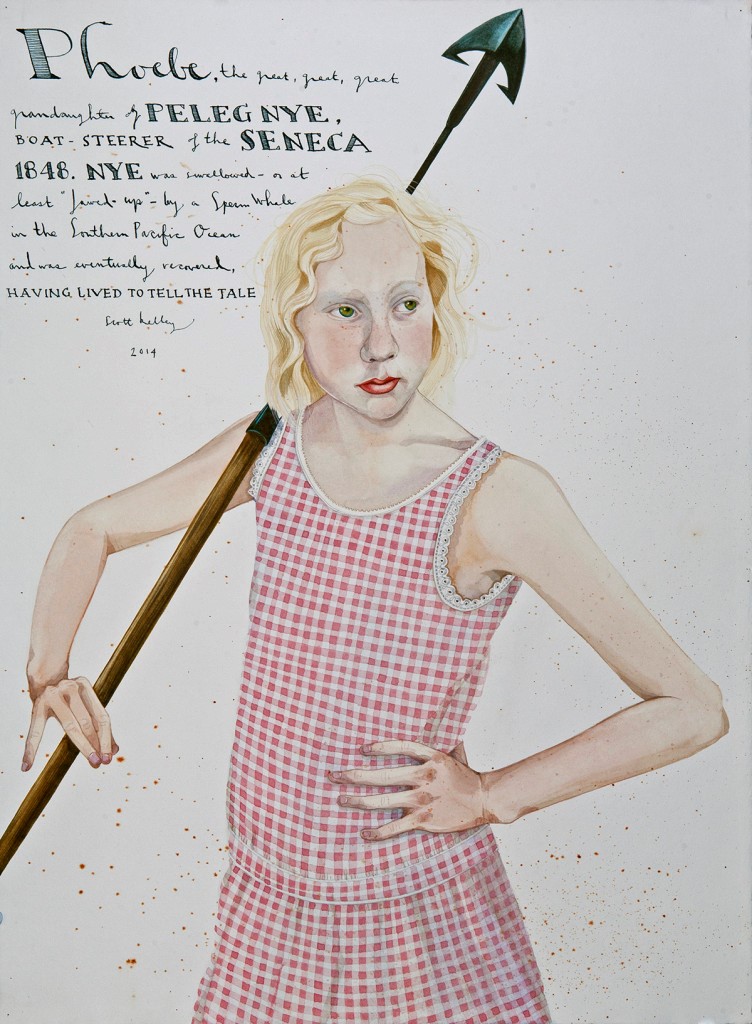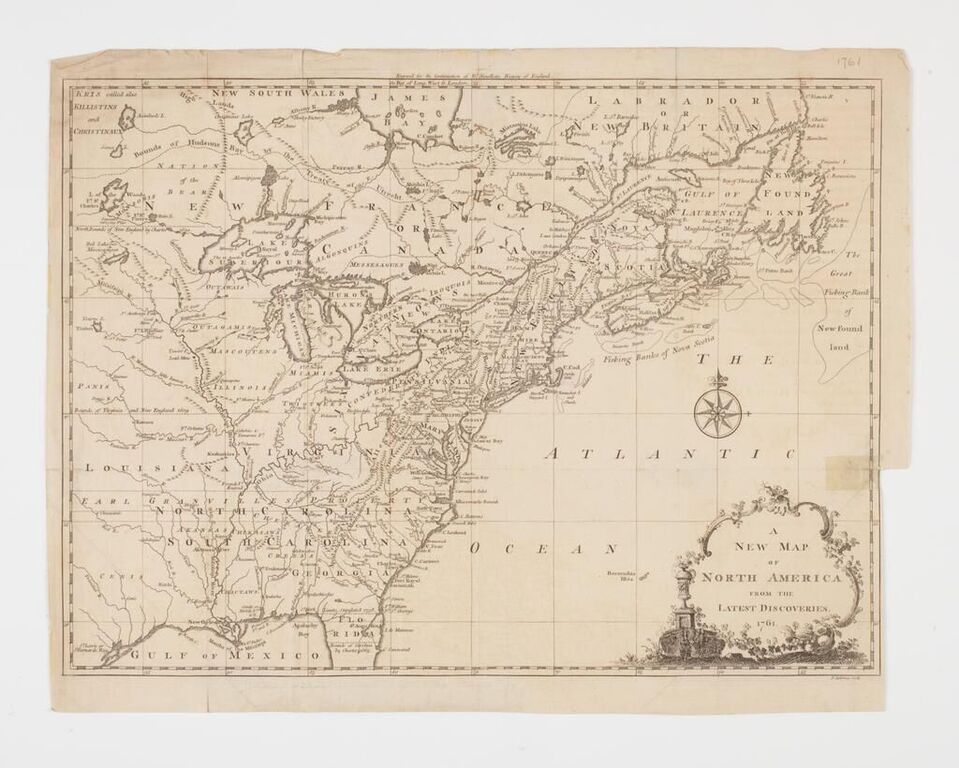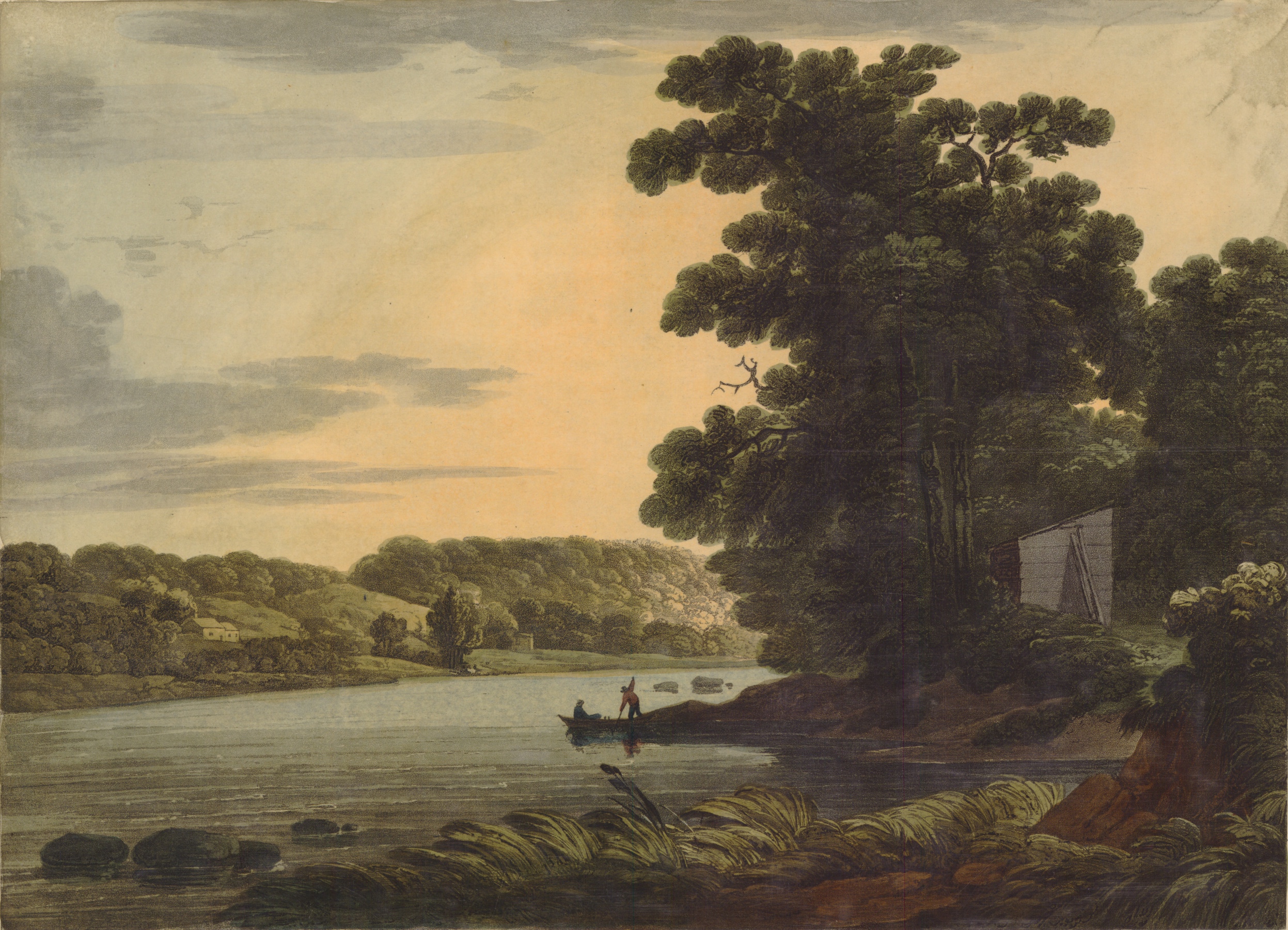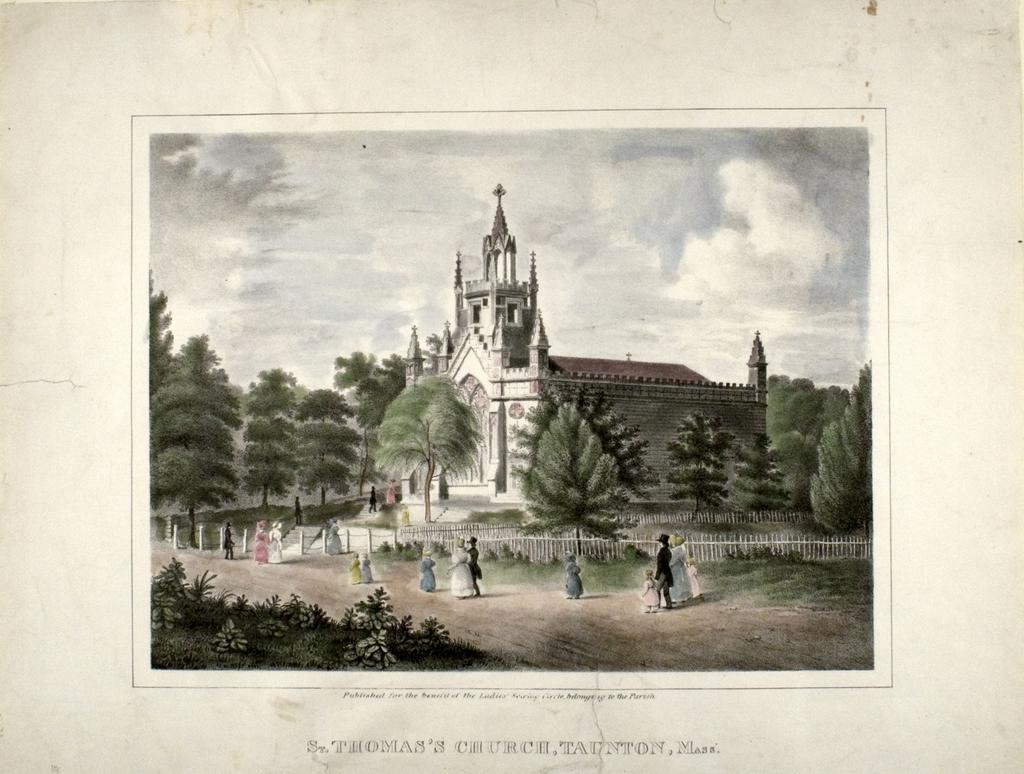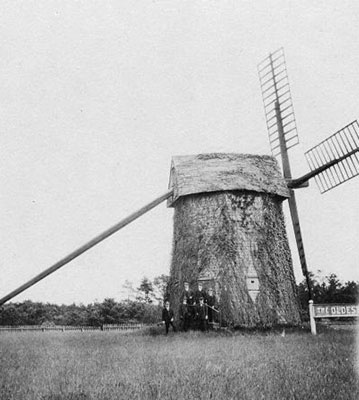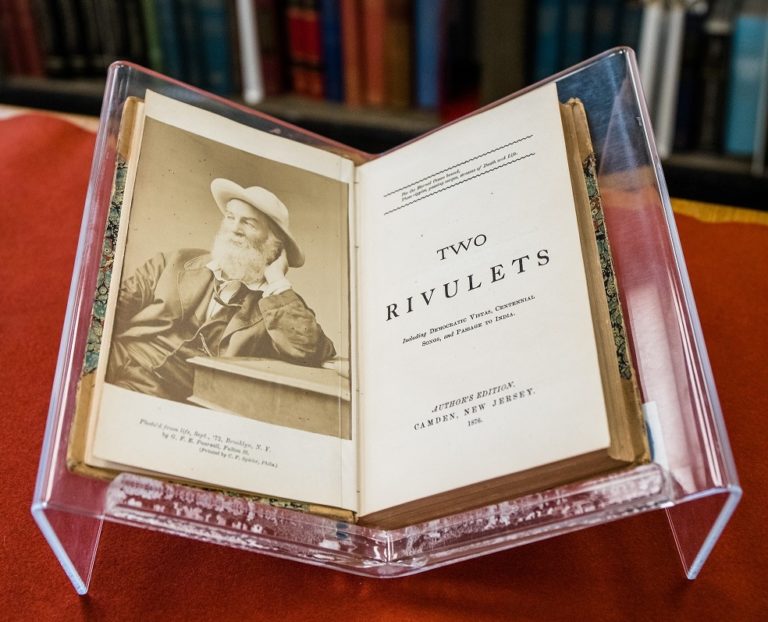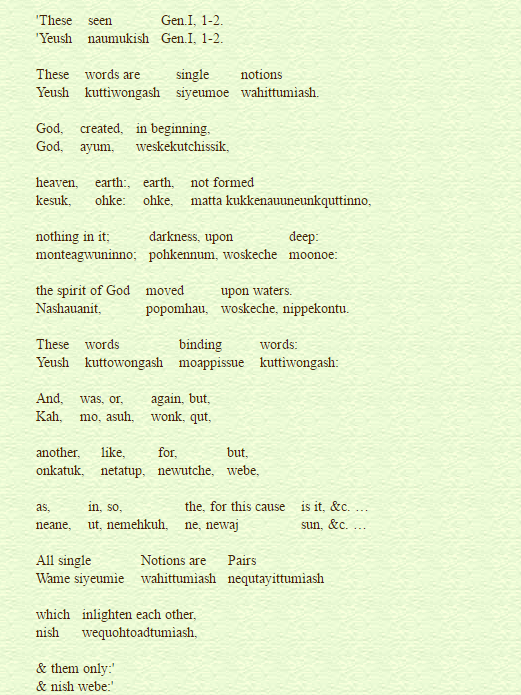Read Statement on Poetic Research for Two Pieces
Cape Cod 1837 [found document: obituary]
Jan 19, 1837, Barnstable County Archives
Died at the Almshouse in this town, Mr. Thomas GREENOUGH, aged 90. The last of the tribe of Indians which in this town have been struggling to keep alive the ashes of their nationality since the first withering influence of the white man was felt upon these shores.
In noticing the death of this venerable specimen of aboriginal simplicity, we are reminded once more of the painful and melancholy fate of that race of men, whose freedom once was boundless as their forests, and whose harmless pride towered aloft in haughty resolution of importance and power.
The few miserable natives who have survived till the present time are the diminutive samples of nations once mighty in battle, sage in the counsel of whatever permeated to the administration of uncivilized governments, and cunning in all the wiles of savage diplomacy.
There are specimens of other nations among whom once was found all that was known or can be conceived of intelligence, of refinement, of honor, and of grandeur in this half of the world. As relics, then, of time past, as living records of our country’s history, they are interesting to us; and well may we exercise our feelings of sympathy, as we witness their council fires fading and being put out, one after another, leaving us to grope about in the uncertain twilight of traditions, or in the utter darkness of song.
But aside from the fact of being the last of his race, Mr. GREENOUGH was a curious and in many respects, a wonderful man. We doubt if many, or even any, of our citizens laboring under the same disadvantages would have displayed more wisdom and good sense than he evinced on many occasions. Endowed with an uncommon share of penetration and capable of a just appreciation of rights, he wore, through the last year of his life, the title of “Lawyer.”
He displayed in the management of the business, such tact and skill as few of more pretentions or statesmanship would have blushed to own. He read much, thought more; and though always supplying himself with such wild productions as he found upon what he called and believed to be his own territory, but the legal seizing of which unfortunately was the home of his white neighbors—he has gone, we hope, where he has free course in those hunting grounds where “the wicked cease from troubling, and the weary are at rest.”
Farris Windmill, South Yarmouth, Massachusetts
He painted his initials in black inside the windmill,
my great grandfather times five,
Thomas Greenough, who would come
to be known as the last surviving Indian in this town,
hand on the inner wall beside the winding
staircase, the beams and tower, overlook:
“T.G.” and the date “1782,”
on one of its massive oak posts,
though the windmill was sold,
collected, and now stands next
to the oldest post office, vanes
raised like arms, canvas hooked in a shroud.
Thomas helped to lift the windmill
with forty yoke of oxen,
move it from West to South
years before it was given to the father
of modern assembly on his eightieth
birthday by a group of automotive dealers,
dismantled and shipped to the Henry Ford Museum
in Dearborn, Michigan, the oldest windmill
on Cape Cod, with his name inside it like a letter.
This article originally appeared in issue 15.1 (Fall, 2014).
Kelle Groom is a poet and memoirist. Her memoir, I Wore the Ocean in the Shape of a Girl (2012) is a Barnes & Noble Discover Great New Writers selection, New York Times Book Review Editor’s Choice, a Library Journal Best Memoir, Oprah O Magazine selection, and Oxford American Editor’s Pick. She is the author of three poetry collections: Five Kingdoms, Luckily (2010), and Underwater City (2004). Her work has appeared in AGNI, The New Yorker, New York Times, Ploughshares, Poetry, and Best American Poetry. She is the recipient of fellowships from the American Antiquarian Society, James Merrill Writer-in-Residence Program, Black Mountain Institute, University of Nevada-Las Vegas, Library of Congress, Djerassi Resident Artists Program, Millay Colony for the Arts, Atlantic Center for the Arts, Virginia Center for the Creative Arts, Sewanee Writers’ Conference, and Ucross Foundation. Her awards include a 2014 National Endowment for the Arts Literature Fellowship in Prose, as well as a state of Florida Division of Cultural Affairs grant, two Florida Book Awards, and a Barbara Deming Memorial Fund grant. Recently distinguished writer-in-residence at Sierra Nevada College, Lake Tahoe, she is now on the faculty of the low-residency MFA program. She is currently at work on her second memoir, The Cartographer’s Assistant, and her fourth poetry collection, Letter from Aphrodite.





